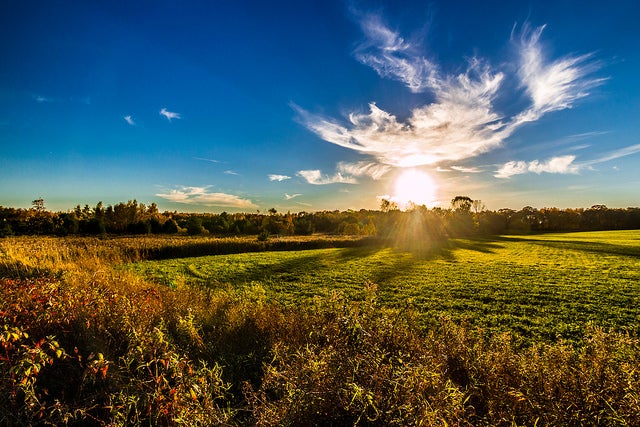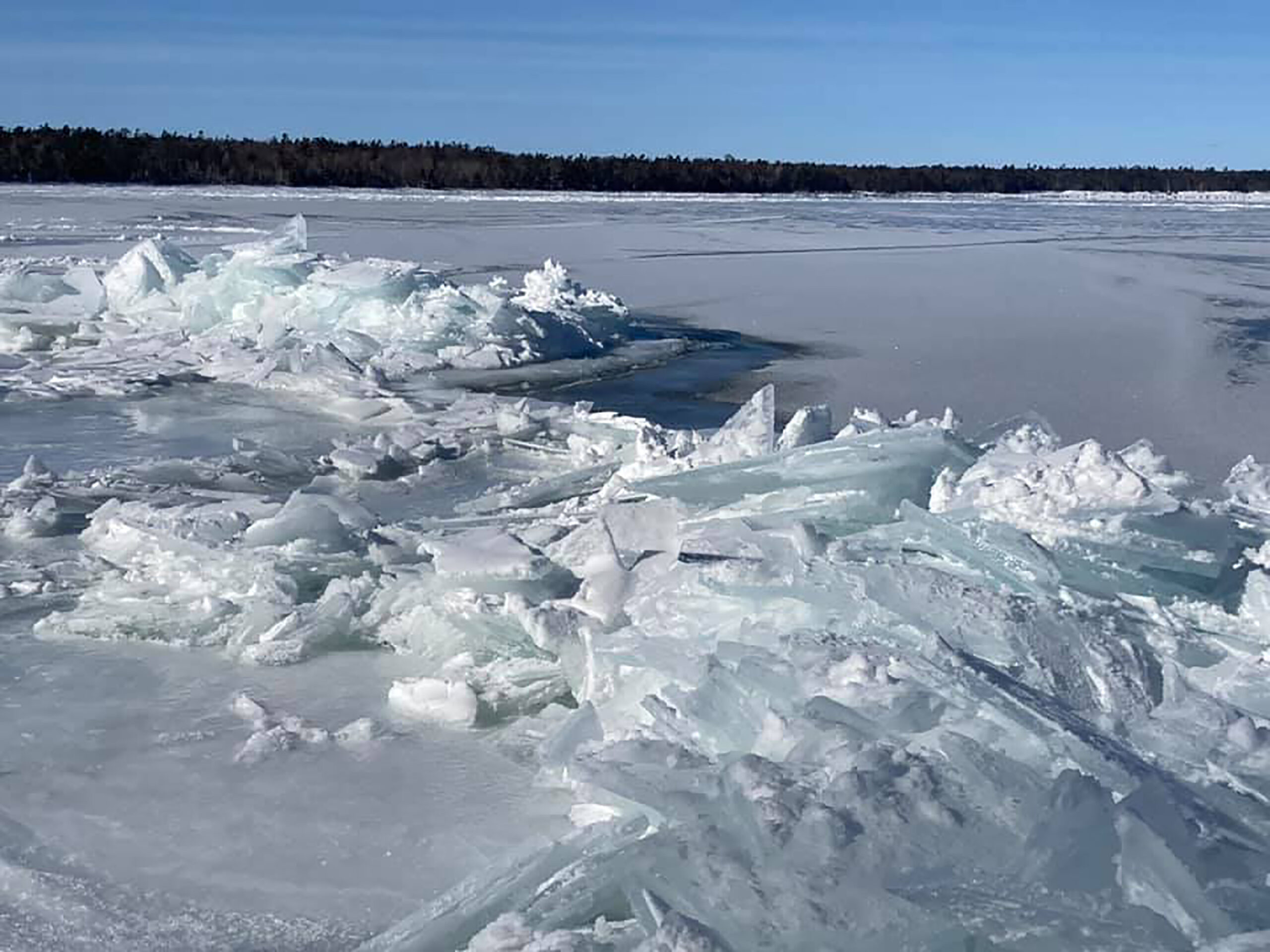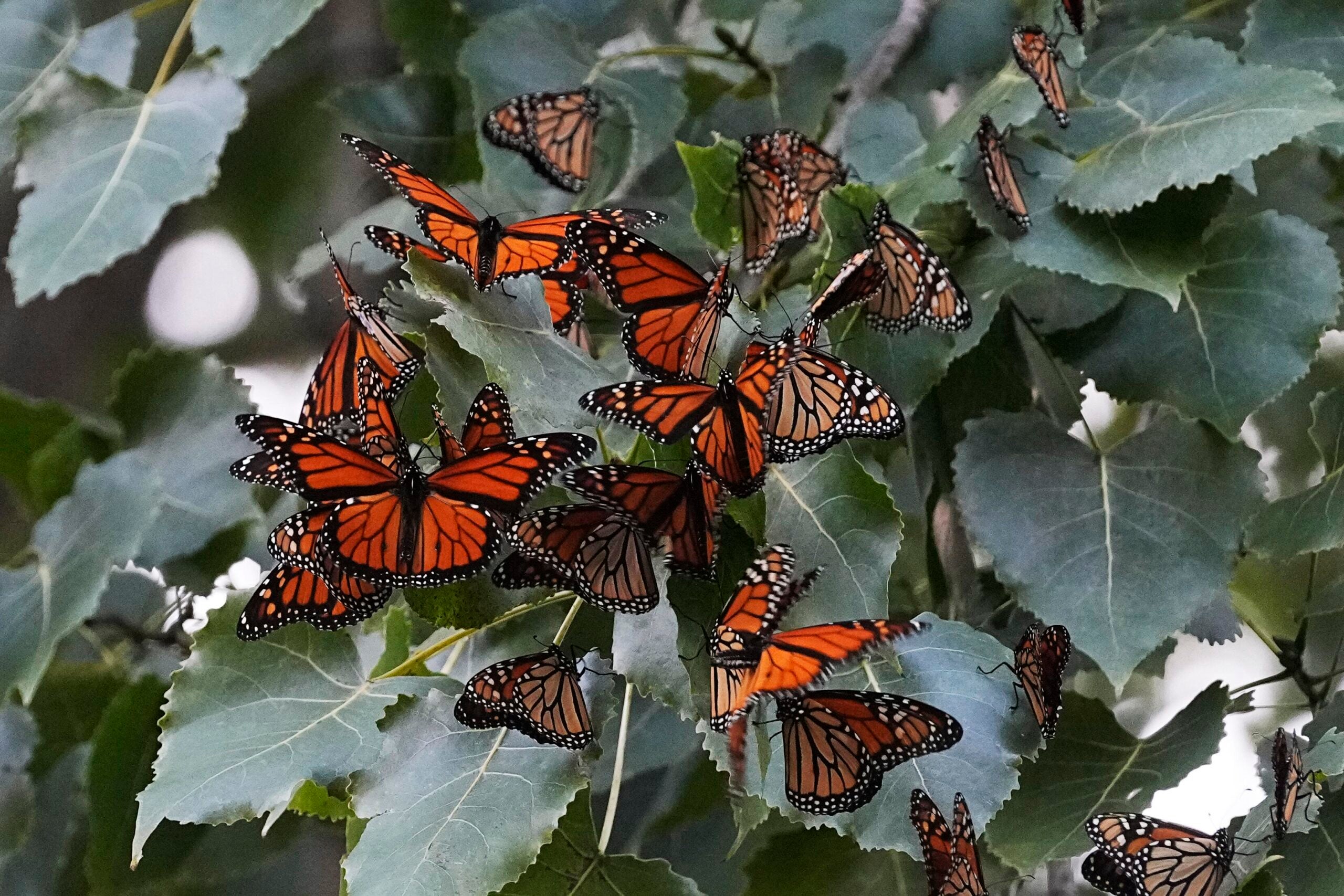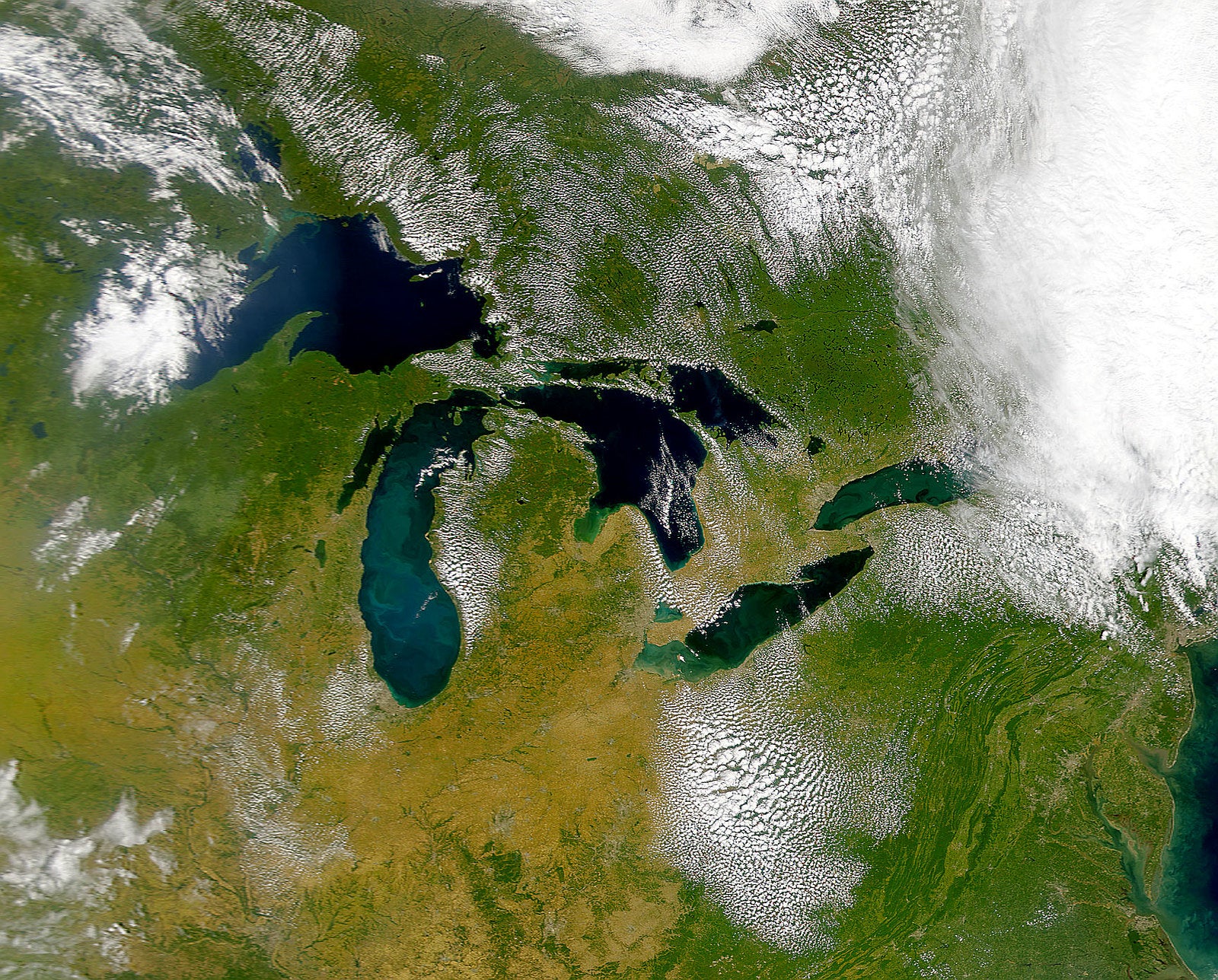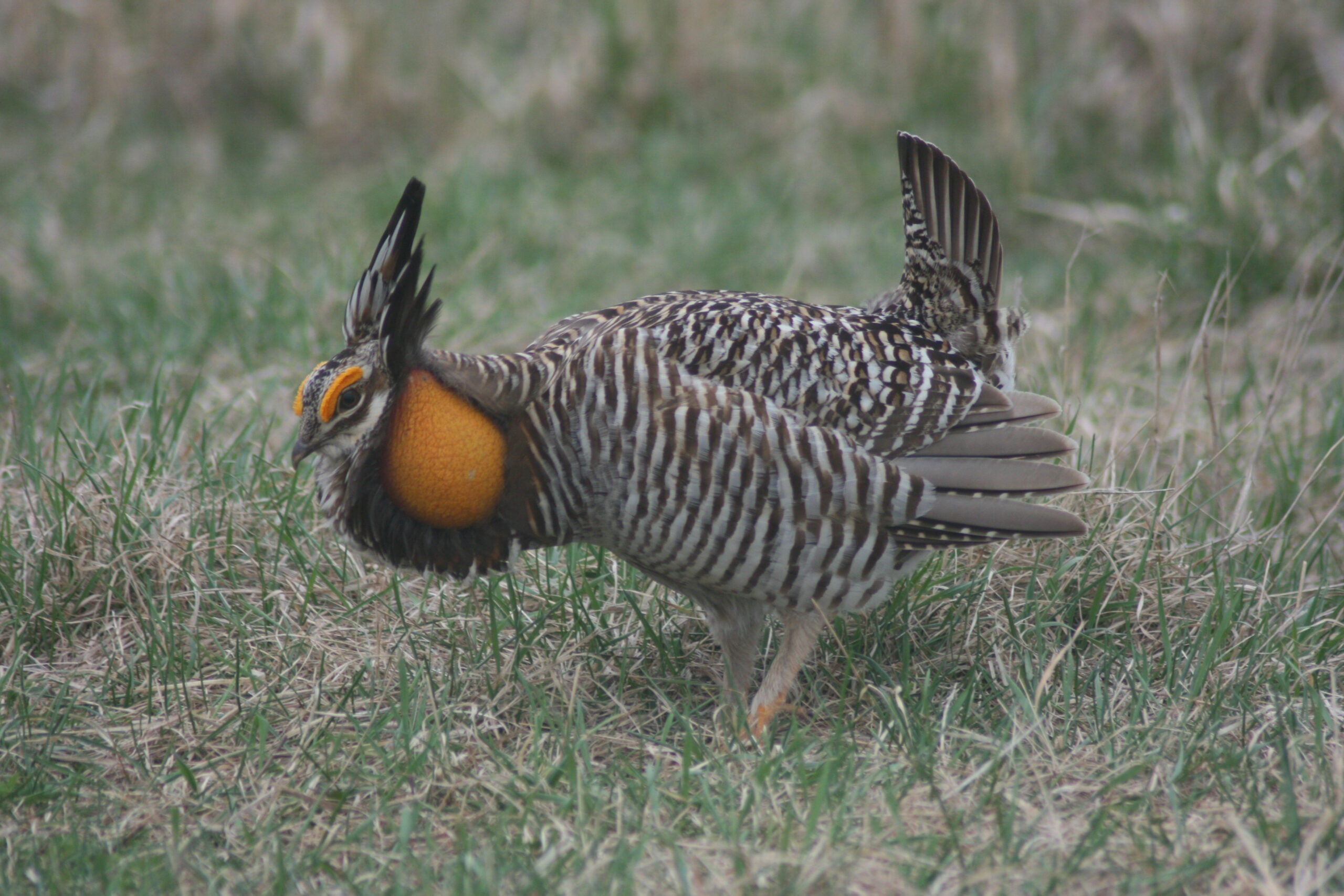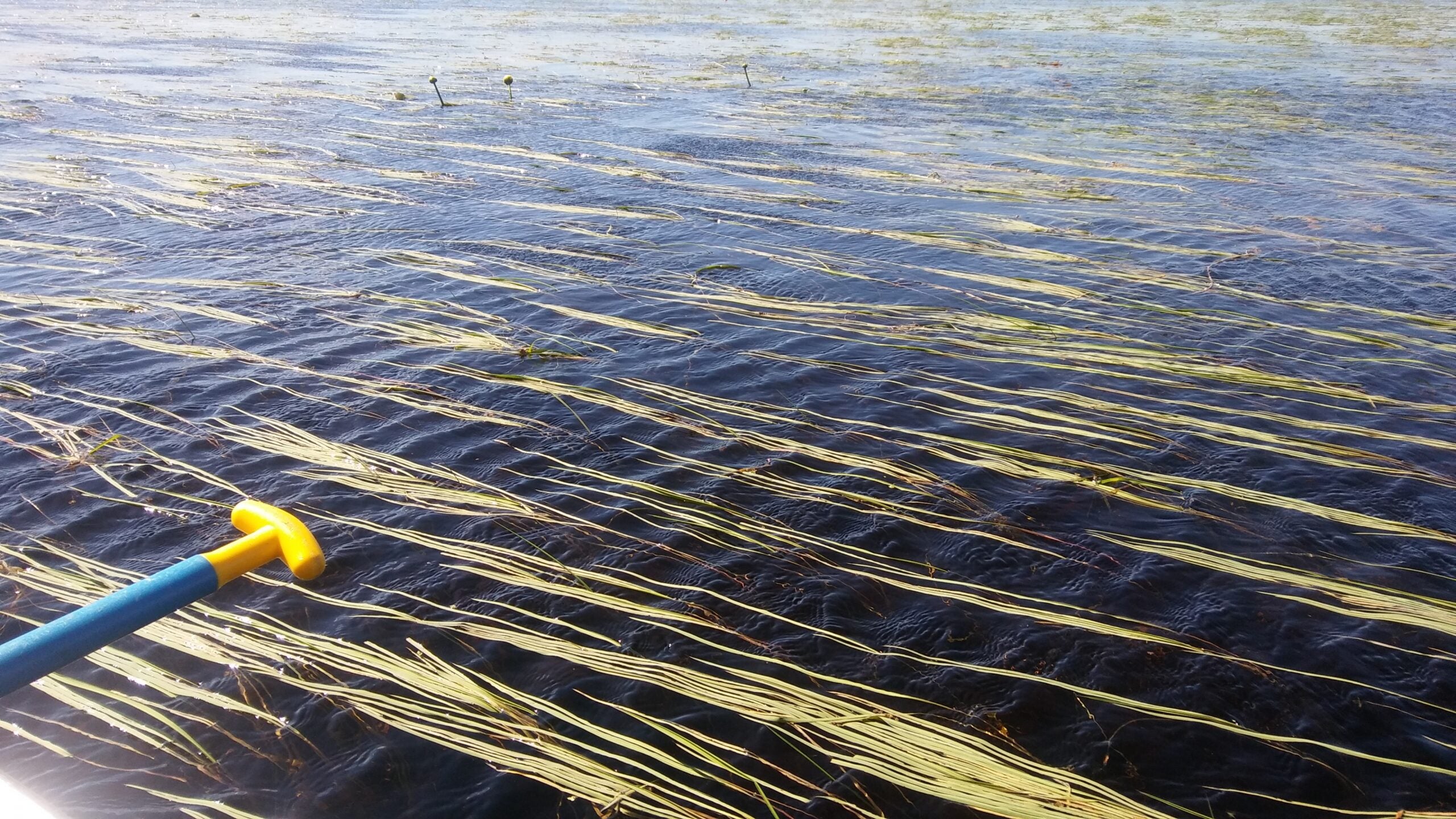A new Wisconsin study has modeled what the effects of climate change and evolving land use will mean for various species in the future.
Researchers from University of Wisconsin-Madison and a university in Denmark have attempted assumed an expected warming of 2 to 3 degrees over the next 40 years, and then modeled that with potential land use changes across the U.S. to see how ecosystems were affected.
UW geography professor Jack Williams said climate change is generally moving faster than land use, but the rates of both will matter a lot to various species.
News with a little more humanity
WPR’s “Wisconsin Today” newsletter keeps you connected to the state you love without feeling overwhelmed. No paywall. No agenda. No corporate filter.
“It’s like hitting a wall at 10 mph or 60 mph,” he said. ‘Lower rates of change gives species more time to adapt.”
Williams said parts of the upper Midwest may see relatively high rates of climate change, which may help some trees grow here. Elsewhere, wildlife may depend on things like whether high crop prices might cause farmers to lose business and lead them to sell off their land for development into things like warm asphalt parking lots.
Williams found the trends predicted in the model tended “to show increases in forest cover, but decrease in grassland and and rangeland cover. And so that maybe has negative implications for species that are dependent on grassland habitat.”
Williams said programs that preserve grasslands and native habitat near farms may become increasingly critical, because in the relatively flat Midwest, species can’t just move up 100 feet to stay cooler. They may have to travel hundreds of miles to stay in their preferred thermal zones, and some won’t able to make the trip.
The new study is published in the journal Nature Climate Change.
Wisconsin Public Radio, © Copyright 2026, Board of Regents of the University of Wisconsin System and Wisconsin Educational Communications Board.

